Munich police treat shootout as foiled ‘terror attack’
German police shot dead a man who opened fire on them Thursday in what they are treating as a foiled “terrorist attack” on Munich’s Israeli consulate on the anniversary of the 1972 Olympic Games killings.
Chancellor Olaf Scholz said Bavarian police “may have prevented something terrible from happening today”, declaring in a post on X that “anti-Semitism and Islamism have no place here”.
Police identified the gunman, who died in a hail of police bullets after firing a vintage carbine rifle fitted with a bayonet at them, as an 18-year-old Austrian.
Austrian police, who later raided his home, said the man, who had Bosnian roots, had been investigated last year for possible “terrorist” links on suspicion he had become “religiously radicalised”.
He had assaulted classmates and shown an online interest in explosives and weapons, they said, but prosecutors dropped the case in April 2023.
Thursday’s shootout at around 9 am sparked a mass mobilisation of about 500 police in downtown Munich, where residents and office workers huddled indoors as sirens wailed and a helicopter flew overhead.
Under-pressure Zelensky visits Germany to rally Ukraine’s allies
President Volodymyr Zelensky on Friday visits Germany where Ukraine’s military backers are meeting, days after one of the deadliest strikes of the war and as Russian forces make battlefield gains.
Zelensky and German Chancellor Olaf Scholz will hold “one-on-one” talks in Frankfurt, according to a German government spokesman, who did not give further details about the Ukrainian leader’s programme.
But German news outlet Der Spiegel reported that Zelensky will also attend the gathering of Kyiv’s backers, which includes the United States, at the US Ramstein Air Base.
The meeting comes as Moscow’s forces advance in the Donbas, with Russian President Vladimir Putin on Thursday declaring that capturing the eastern area was his “primary objective” in the conflict.

Germany, Ukraine’s second-biggest backer, has also come under pressure domestically over its aid for Kyiv, which has been at the centre of a protracted row over the 2025 budget.
READ ALSO: EXPLAINED – Why German leaders are bashing planned Ukraine aid cuts
Regional elections in the former East German states of Saxony and Thuringia on Sunday saw a surge of support for parties on the far right and far left opposed to the government’s support for Ukraine.
BMW eyes hydrogen-powered rollout in 2028
German luxury carmaker BMW said Thursday it aimed to mass produce its first hydrogen-powered car in 2028, using fuel cell technology jointly developed with Japan’s Toyota.
Hydrogen has long been touted as an alternative to the combustion engine as countries tighten their climate targets, but it remains a niche technology plagued by high costs and a lack of infrastructure.
BMW said it would deepen its collaboration with Toyota to jointly develop the powertrain system for hydrogen passenger vehicles, using synergies to “drive down the costs” and bring the “next generation of fuel cell technology” to the roads.
Demand for electric cars however has stalled in Europe recently, as governments in some countries have dropped purchase incentives and prices remain high.
Hydrogen cars work thanks to the cleanest form of the gas combining with oxygen in a fuel cell to generate electricity. The only waste emitted is water vapour.
But the technology faces major hurdles to go mainstream.
READ ALSO: Germany bets on hydrogen to help cut trucking emissions
The European Commission, which aims to ban sales of new petrol and diesel cars by 2035, has set ambitious goals to create a network of hydrogen charging stations.
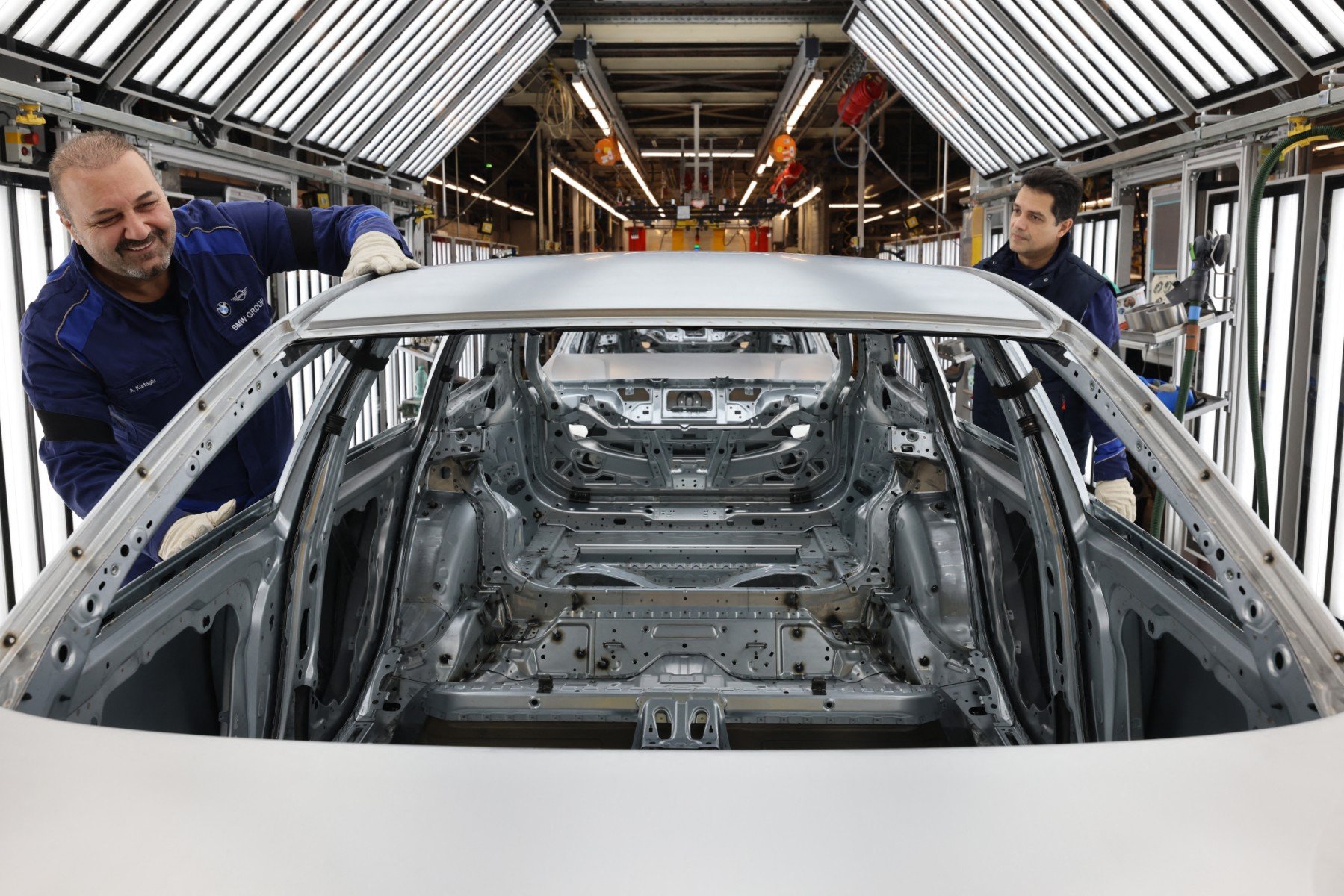
German factory orders rise but outlook stays gloomy
German industrial orders rose for a second consecutive month in July, official data showed Thursday, but analysts said it wasn’t enough to brighten the outlook for Europe’s biggest struggling economy.
New orders, closely watched as an indicator of future business activity, climbed 2.9 percent month-on-month, according to federal statistics agency Destatis, following an upwardly revised increase of 4.6 percent in June.
But the July rise was driven by large orders, notably an 86.5-percent jump in orders for planes, ships and trains.
Without those big-ticket items, orders for July would have been down 0.4 percent.
Germany’s crucial manufacturing sector has been hit hard by higher energy costs in the wake of Russia’s war in Ukraine and cooling demand from abroad, contributing to a wider downturn that saw the country’s economy shrink in 2023.
With a hoped-for recovery yet to materialise, incoming orders were “likely to remain a lonely island in a sea of weak data”, said LBBW economist Jens-Oliver Niklasch.
The economy ministry was equally gloomy. Recent data pointed to continued “weak foreign demand”, it said in a statement, while confidence indicators in the manufacturing sector “recently deteriorated again”.
Three Wirecard executives ordered to pay 140 million in damages
A Munich court on Thursday ordered three former board members of the German payments company Wirecard, which collapsed in a 2020 fraud scandal, to pay damages of €140 million over a loan agreement.
The three were “jointly and severally” liable for the amount to be given to Wirecard’s insolvency administrators, the court said in a statement.
The trio had acted “at least negligently” by approving a €100 million loan through a subsidiary to a business in Asia, the court said.
The ruling was not final and could be appealed, the court said.
Several senior figures from the company, including ex-CEO Braun, are separately on criminal trial over the scandal.
Wirecard imploded in June 2020 after it was forced to admit that €1.9 billion in cash, meant to be sitting in trustee accounts in Asia, didn’t actually exist.
READ ALSO: Five things to know about Germany’s Wirecard scandal
With reporting by Rachel Loxton and Paul Krantz.

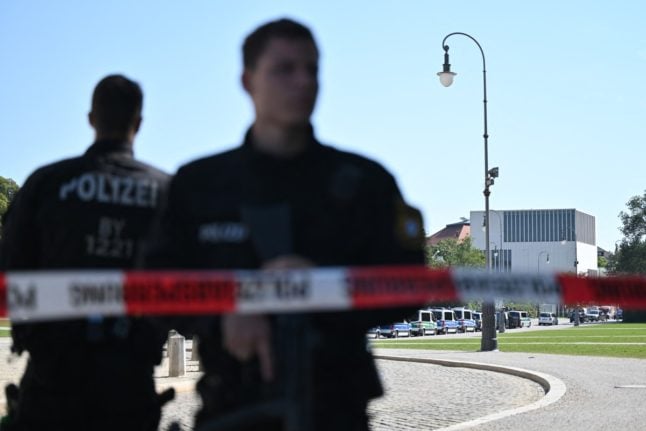
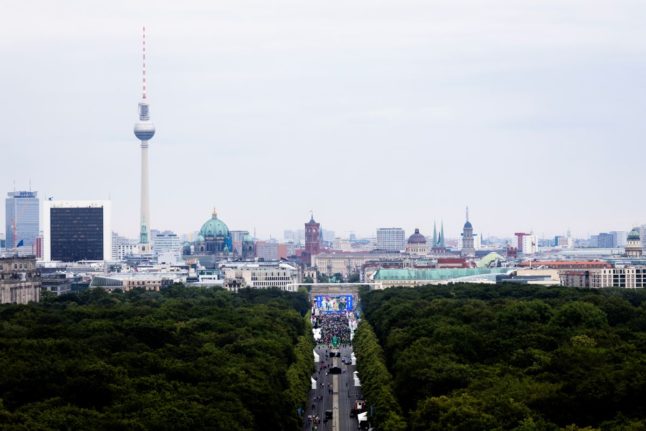
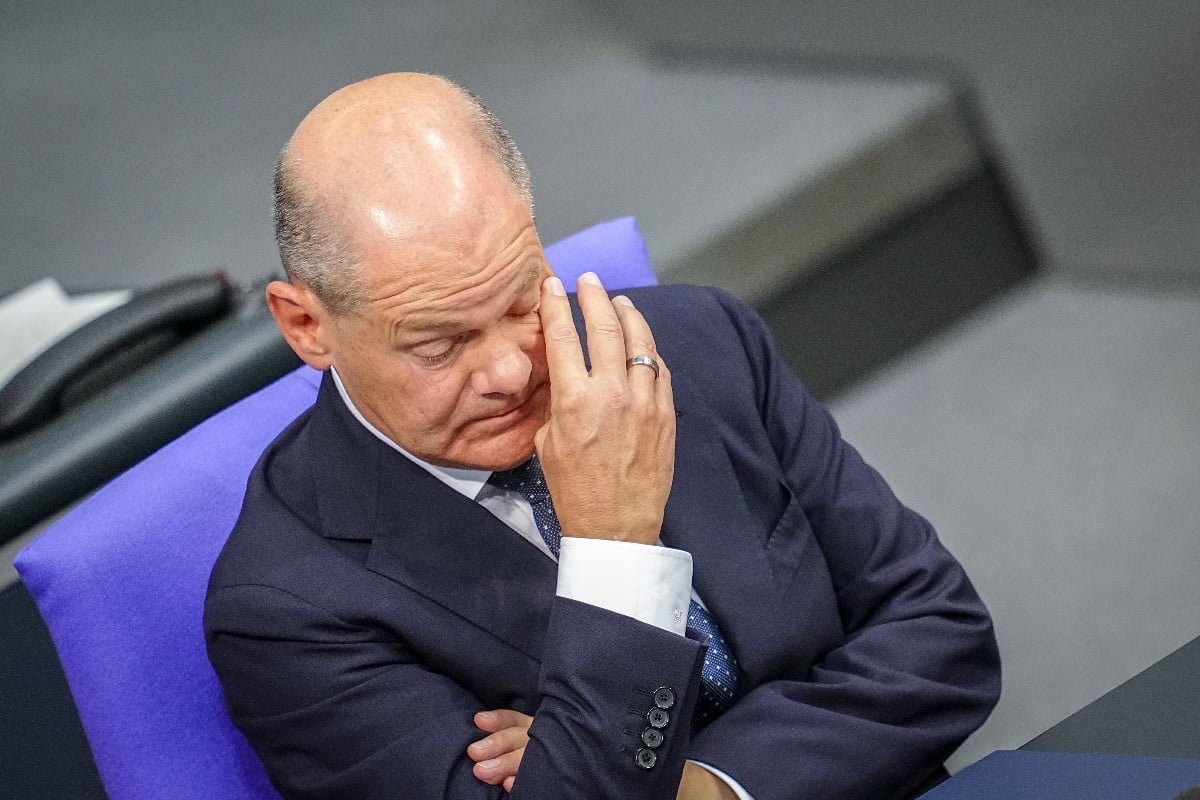

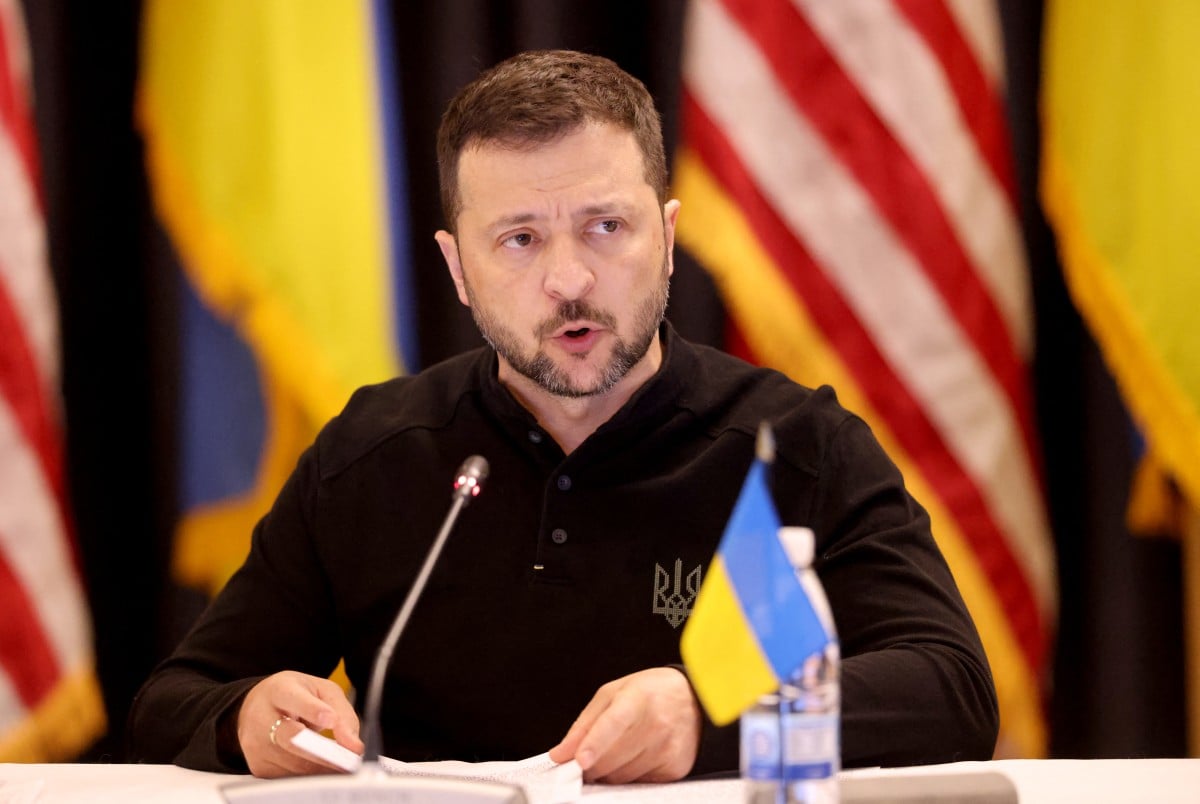
 Please whitelist us to continue reading.
Please whitelist us to continue reading.
Member comments